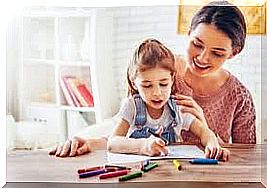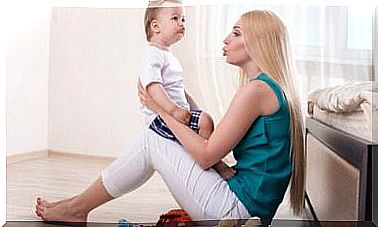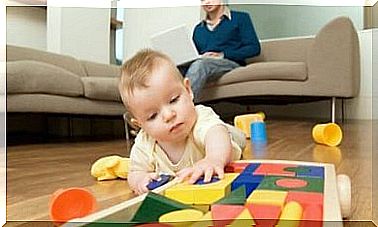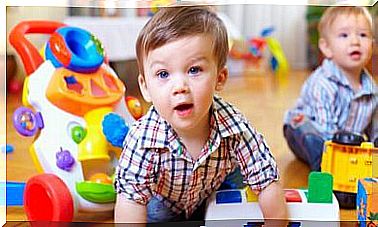A Child’s Self-esteem Is Learned From Parents

My children, the skill of self-esteem is one of the most important life lessons I can offer you – I want you to understand that you have earned a place in this world. I want you to dream big and reach for the stars. I will teach you to keep your feet firmly on the ground, but with your head in the clouds and your mind free to overcome any obstacle that comes before you. I want you to learn humility, but also the ability to respect yourself.
This message is very important to all of us, mothers, fathers and other educators alike. As Wayne Dyer states in his book “Your Erroneous Zones”, you don’t need another person’s approval when you love yourself enough. For adults, that idea is clear, but not yet for children.
An upbringing with a lot of resentment and criticism – which is often explained to children as “life lessons” – can easily lead to a child’s low self-esteem in both the short and long term. This is because the child becomes dependent on the opinions of others – he wonders what he thinks others should be or what to do.
The skill of self-esteem is gradually learned, and every child should start working on their self-esteem from an early age, but developing a strong and healthy self-esteem is not easy. There is a simple explanation for this: a father’s or mother’s low self-esteem makes him pass on his own insecurities and weaknesses to his child.
Today in the Miracle of Motherhood, we offer some advice to strengthen a child’s self-esteem.
By taking care of myself, my strengths will be passed on to you

The main themes of our website are investing in the parent’s own well-being and mental health and growth. When you are happy, you share happiness with others. When you know how to share happiness, you know how to raise happy men and women of the future. It is important for parents to understand this idea in order for a child’s self-esteem skill to develop.
However, the effort is worth it. Here are some tips to strengthen your child’s self-esteem.
The child’s self-esteem skill develops through play
Symbolic games are a great way to teach our children values and appropriate coping techniques.
A simple but effective way is to play with dolls, plush toys or lego characters.
- You can come up with different stories: “Kalle’s classmate called him ugly and stupid. What would you say to help him? And if you were Kalle, what would you think? How would you react? Is Kalle ugly and stupid just because someone else said so? ”
Use positive reinforcement
Discipline a child is a skill that not all parents master. You should never slip into a typical situation that uses expressions like the following: “ You’ve broken something again, you’re the worst kid in the world! ”Or“ You didn’t pass the exam because you’re bad at math. Your brother is much harder. “
- Positive reinforcement is that it shows the child what he or she did wrong and how he or she could do better in the future.
- When making a positive affirmation, one should never compare the child to others.
- The child should be helped to feel confident: ” You made a mistake, but the mother believes in you and knows you know how to do it right next time.”
Avoid unbelievable or exaggerated praise

It should be remembered that certain positive words, sayings and adjectives can in many cases be useless when trying to improve a child’s self-esteem. Sayings like “ You’re the most beautiful child in the world” or “ You’re the smartest child in the world” can actually be completely useless in improving a child’s self-esteem . Positive reinforcement, which promotes a child’s self-esteem, includes honest, logical, measurable, and most importantly, genuine feedback.
- It is important that you personify the praise or compliment: “ You are a responsible child and I love you as you are. I know you can do whatever you want because you’re hard at work, and even if you make mistakes, I’m always there for you ”.
- Be objective and say useful things to your child. ” I like the picture you draw, but this color would be better, wouldn’t it?”
I teach you self-esteem through independence and responsibility
It is important for a child’s self-esteem that he or she has responsibility and that he or she learns to be independent. In this way, he learns to be proud of his accomplishments and skills. However, his independence depends on his own abilities and how he demonstrates that he successfully takes responsibility for things.
Yes, the child shows when he is ready to become independent. Then the parents should be ready to help and guide – offer him wings, but at the same time keep his feet firmly on the ground.









